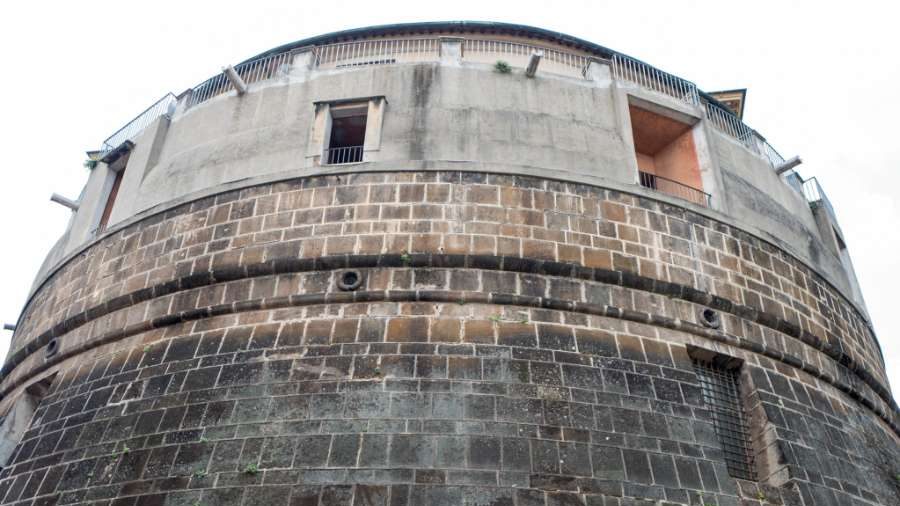The former president of the institute commonly known as the “Vatican bank” has been given a sentence of eight years and 11 months in prison by the Vatican court.
The sentence was handed down at a hearing on Thursday by the president of the Vatican City State tribunal, Giuseppe Pignatone. The conclusion of the trial, which began in 2018, marks the first time that the Vatican has issued a prison sentence for financial crimes.
Angelo Caloia, 81, was president of the Institute for Religious Works -- also known by its Italian initials, IOR -- from 1989 to 2009.
Caloia, and his lawyer, 97-year-old Gabriele Liuzzo, received the prison sentence for the crimes of money-laundering and aggravated embezzlement. They were also ordered to pay a fine of 12,500 euros ($15,204).
Liuzzo’s son, Lamberto Liuzzo, 55, was sentenced to five years and two months in prison and ordered to pay a fine of 8,000 euros ($9,731) for money-laundering. He was acquitted of the charge of self-laundering.
The sentences were given in the first instance, meaning that the defendants, who were not present at the hearing, may appeal.
The Vatican court also ordered the confiscation of the 32 million euros ($39 million) which had already been seized from Caloia and Liuzzo’s IOR accounts and ordered compensation be paid to the IOR and its Italian-registered real estate company, SGIR, to the amount of about 23 million euros ($28 million), as part of a separate civil suit.
The exact amount of the damages to be paid will be determined in the civil court.
The three defendants were also permanently banned from holding public office.
According to a report by the HuffPost in December, the Vatican’s Promoter of Justice, Alessandro Diddi, had requested an eight-year sentence for Caloia and his 96-year-old lawyer at the final two hearings of the trial on Dec. 1-2, 2020.
The Vatican court ordered Caloia and Liuzzo to stand trial in March 2018. It accused them of participating in “unlawful conduct” from 2001 to 2008 during “the disposal of a considerable part of the institute’s real estate assets.”
Caloia and Liuzzo were acquitted on Jan. 21 of charges of embezzlement and aggravated embezzlement related to the sale of 29 of the IOR-owned properties between 2001 and 2008.
The HuffPost said that the two men allegedly sold the IOR’s real estate assets to themselves through offshore companies and firms in Luxembourg via “a complex shielding operation.”
Former IOR director general Lelio Scaletti, who died on Oct. 15, 2015, was part of the original investigation, launched in 2014 after complaints were lodged by the IOR.
In February 2018, the institute announced that it had joined a civil suit, in addition to the criminal proceedings, against Caloia and Liuzzo.
The trial began on May 9, 2018. At the first hearing, the Vatican court announced plans to appoint experts to assess the value of properties that Caloia and Liuzzo were accused of selling at below-market rates, while allegedly making off-paper agreements for higher amounts to pocket the difference.
The Institute for Religious Works was founded in 1942 under Pope Pius XII but can trace its roots back as far as 1887. It aims to hold and administer money designated for “religious works or charity,” according to its website.
It accepts deposits from legal entities or persons of the Holy See and of the Vatican City State. The main function of the bank is to manage bank accounts for religious orders and Catholic associations.
The IOR had 14,996 clients as of December 2019. Nearly half of clients are religious orders. Other clients include Vatican offices, apostolic nunciatures, episcopal conferences, parishes, and clergy.

